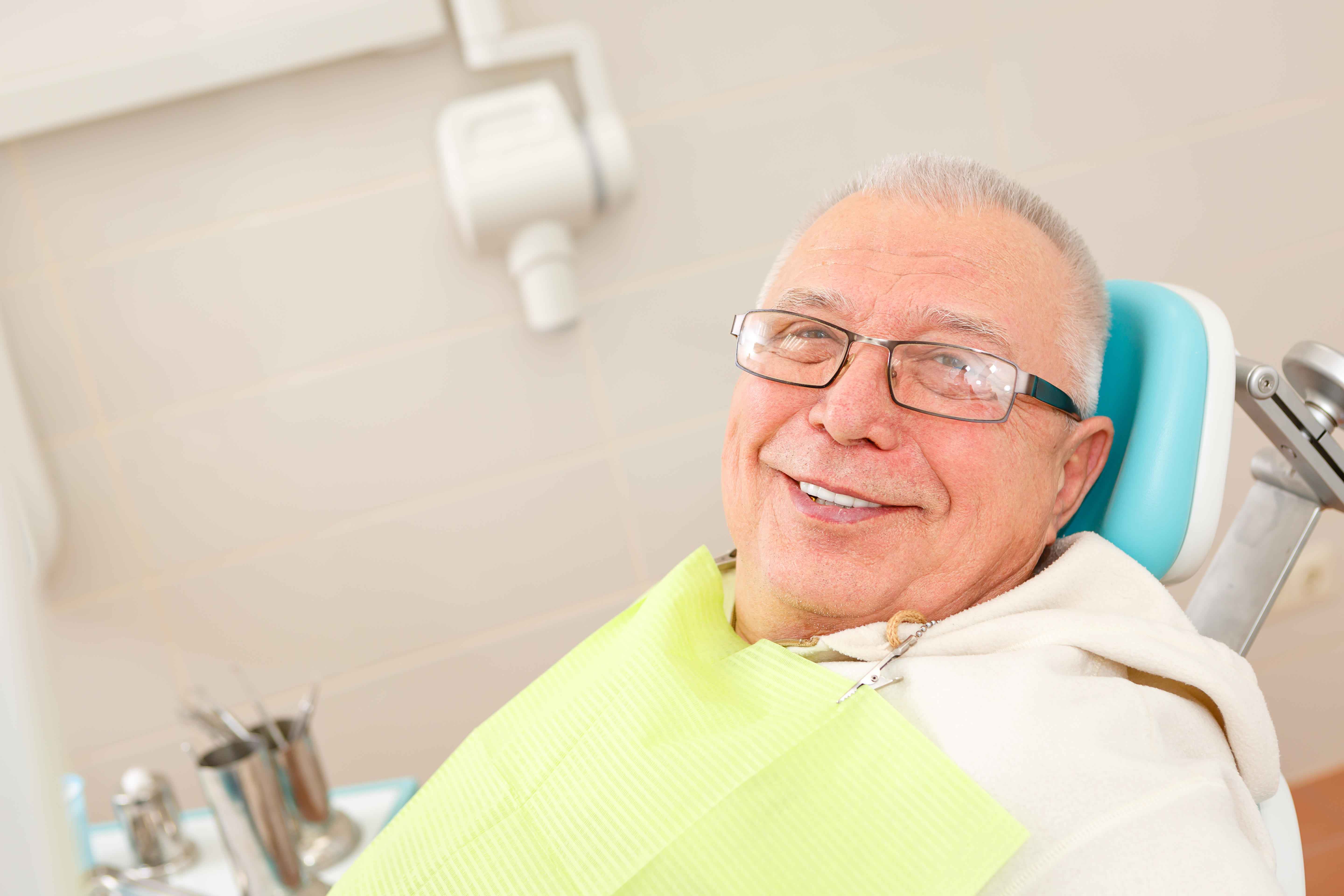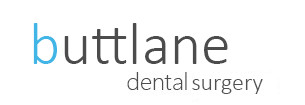Root Canal Treatment
 Q. What is a Root Canal Treatment?
We all know that teeth can decay or become accidentally damaged. Where the enamel has broken or where the tooth has rotted, sometimes infection can get through
into the pulp or the nerve of the tooth.
This is the point at which root canal treatment is required, as the infected blood supply of the pulp will only help the decay to spread faster.
Q. Why would I need it?
Provided the infection has not already killed the tooth nerve, root canal treatment can save the tooth so that it does not need to be extracted. However, you do need to commit to treatment as soon as you know that there is an infection there.
If you delay treatment, then the infection will spread into the root of the tooth and into the bone which can ultimately cause an abscess to form. An abscess can be extremely painful and may necessitate the tooth being extracted.
Q. What does the procedure involve?
The root canal procedure is usually performed under local anaesthetic and it may need a number of visits to the dentist. Initially the infected pulp, which includes the nerve of the tooth, is removed. The inside of the tooth is cleaned and all infection removed. Finally, a temporary filling is fitted over the newly-shaped and cleaned tooth. The second stage of the treatment may require a second appointment. The dentist firstly ensures that the infection has not returned and then places a permanent root filling into the tooth.
When the pulp is removed from your teeth, the tooth itself is technically dead. However, if your only other options are to get the tooth removed or to learn to live with the pain, it is worth getting the treatment done.
Q. What questions should I ask my dentist?
If you are about to undergo canal treatment, you need to think about after care. Because when the nerve has been removed from the tooth, it will not be as strong as it used to be. Ask your dentist about whether it is worth having a crown fitted to support the tooth.
In terms of brushing your teeth, you should just carry on with regular brushing twice a day.
Q. What is a Root Canal Treatment?
We all know that teeth can decay or become accidentally damaged. Where the enamel has broken or where the tooth has rotted, sometimes infection can get through
into the pulp or the nerve of the tooth.
This is the point at which root canal treatment is required, as the infected blood supply of the pulp will only help the decay to spread faster.
Q. Why would I need it?
Provided the infection has not already killed the tooth nerve, root canal treatment can save the tooth so that it does not need to be extracted. However, you do need to commit to treatment as soon as you know that there is an infection there.
If you delay treatment, then the infection will spread into the root of the tooth and into the bone which can ultimately cause an abscess to form. An abscess can be extremely painful and may necessitate the tooth being extracted.
Q. What does the procedure involve?
The root canal procedure is usually performed under local anaesthetic and it may need a number of visits to the dentist. Initially the infected pulp, which includes the nerve of the tooth, is removed. The inside of the tooth is cleaned and all infection removed. Finally, a temporary filling is fitted over the newly-shaped and cleaned tooth. The second stage of the treatment may require a second appointment. The dentist firstly ensures that the infection has not returned and then places a permanent root filling into the tooth.
When the pulp is removed from your teeth, the tooth itself is technically dead. However, if your only other options are to get the tooth removed or to learn to live with the pain, it is worth getting the treatment done.
Q. What questions should I ask my dentist?
If you are about to undergo canal treatment, you need to think about after care. Because when the nerve has been removed from the tooth, it will not be as strong as it used to be. Ask your dentist about whether it is worth having a crown fitted to support the tooth.
In terms of brushing your teeth, you should just carry on with regular brushing twice a day.
